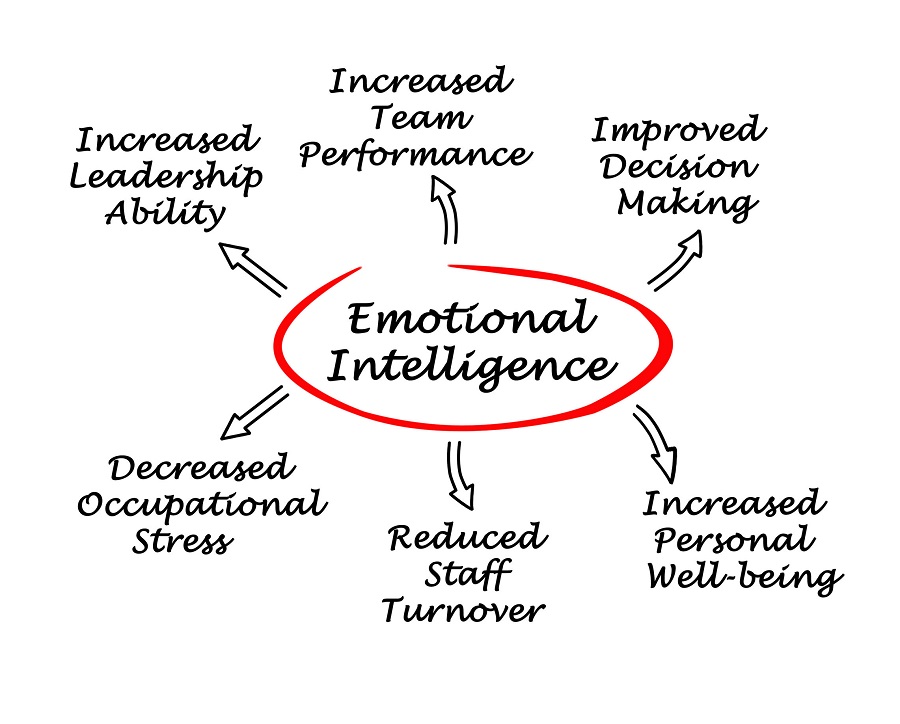
In today’s complex business world, emotional intelligence (EI) has emerged as a defining characteristic of effective leaders. Unlike traditional leadership skills based solely on technical expertise, emotional intelligence empowers leaders to inspire, motivate, and connect with their teams on a deeper level. It allows organizations to foster collaboration, build trust, and retain top talent, even during turbulent times.
Michael Shvartsman, a businessman from Miami, notes, “A leader’s emotional intelligence directly impacts team morale and productivity. Strong relationships built on empathy and understanding often produce the best results. Organizations with emotionally intelligent leaders experience higher engagement, reduced turnover, and a healthier work culture.”
Components of Emotional Intelligence.
- Self-Awareness
Self-awareness is the foundation of emotional intelligence. Leaders who understand their emotions, triggers, and decision-making tendencies are better equipped to manage themselves and respond appropriately to challenges. Self-aware leaders seek feedback to improve and recognize their impact on others. - Self-Regulation
Emotionally intelligent leaders control impulsive reactions. They remain composed during stressful situations, making thoughtful decisions rather than acting on instinct. This ability to self-regulate inspires confidence among teams and creates a sense of stability. - Motivation
Leaders with high emotional intelligence are intrinsically motivated. They pursue long-term goals with resilience and optimism, even when faced with setbacks. Their drive becomes contagious, inspiring team members to perform at their best. - Empathy
Empathy is the ability to understand and share the feelings of others. Leaders who demonstrate empathy connect with their employees, addressing concerns and building meaningful relationships. This understanding fosters loyalty and a sense of belonging within teams. - Social Skills
Great leaders are also skilled communicators and collaborators. They excel at managing conflicts, listening actively, and motivating others. Strong social skills allow leaders to build cohesive, high-performing teams.
Why Emotional Intelligence Matters.
In a fast-paced, competitive business landscape, technical skills alone are not enough to lead effectively. Emotional intelligence allows leaders to navigate interpersonal dynamics, resolve conflicts, and boost team morale. Companies with emotionally intelligent leaders report greater innovation, higher productivity, and improved employee satisfaction.
Michael Shvartsman adds, “Leaders who prioritize emotional intelligence create inclusive, high-performing environments where employees feel valued and heard. This culture of trust drives long-term growth and success.”
Developing Emotional Intelligence.

Emotional intelligence can be developed through continuous practice and reflection. Leaders can improve their EI by engaging in self-assessments, seeking feedback, and working with coaches. Active listening, mindfulness, and empathy exercises further enhance a leader’s ability to connect with others and build strong teams.
